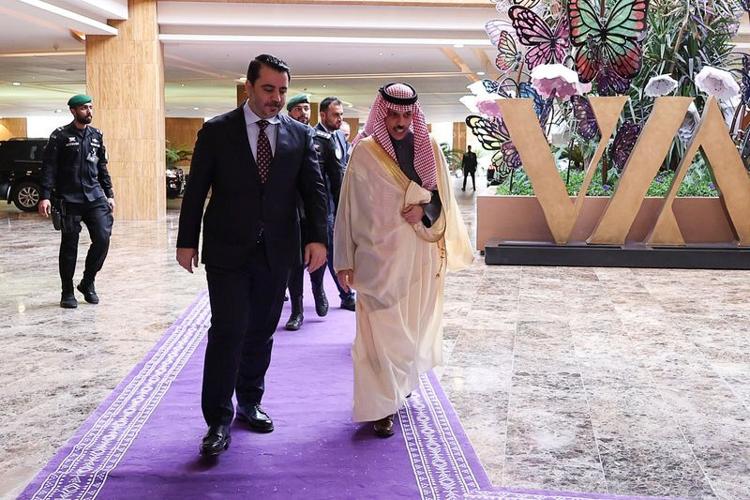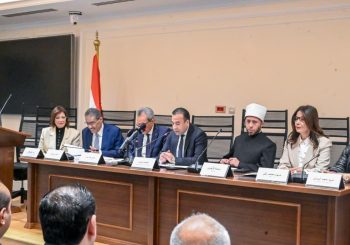European foreign ministers are set to convene in Brussels on 27 January to deliberate on easing sanctions against Syria, the European Union’s foreign policy chief, Kaja Kallas, announced on Sunday, 12 January, during a high-level diplomatic meeting in Riyadh.
The talks come amid shifting power dynamics in Syria following the ouster of President Bashar al-Assad last month by insurgent forces led by the Islamist Hayat Tahrir al-Sham (HTS). The insurgent coalition, long designated as a terrorist organization by Western governments, has since established a caretaker government in Damascus.
The EU’s decision on sanctions, Kallas said, hinges on the new administration’s commitment to inclusive governance and its stance against radicalization.
“If we see developments heading in the right direction, we are prepared to take further steps,” Kallas stated. “However, if progress falters, we are equally ready to reverse course.”
The announcement was made on the sidelines of a landmark summit in Riyadh, the first major gathering of Western and regional leaders since Assad’s removal. Hosted by Saudi Arabia, the conference included top diplomats from the United States, Britain, and other European nations, as well as representatives from Egypt, Turkey, and Jordan.
Saudi Foreign Minister Prince Faisal bin Farhan Al Saud underscored the urgency of lifting sanctions, warning that their continuation could hinder Syria’s recovery and obstruct international aid.
A Balancing Act
Sanctions on Syria, initially imposed in response to Assad’s brutal crackdown on pro-democracy protests in 2011, have been a cornerstone of Western policy for over a decade. However, the rise of HTS complicates efforts to normalize relations. The group’s ties to al-Qaeda during Syria’s civil war have made international recognition fraught.
Germany, which has taken a leading role in the EU’s deliberations, has proposed targeted relief measures to alleviate suffering for ordinary Syrians while maintaining sanctions against individuals linked to Assad’s regime.
“Syrians now need a tangible benefit from this transition of power,” German Foreign Minister Annalena Baerbock said in Riyadh. “We will continue to support those in Syria who have endured unimaginable hardship during the war.”
Meanwhile, the United States has taken a measured approach, granting a six-month exemption from its sanctions to facilitate humanitarian assistance and select energy transactions.
Calls for Accountability
The Riyadh summit also addressed the need to hold Assad-era officials accountable for alleged war crimes. British Foreign Secretary David Lammy emphasized this priority, adding that Western nations remain committed to supporting Syria’s interim authorities.
“Our focus is on mechanisms that ensure justice and prevent impunity for the atrocities committed during Assad’s reign,” Lammy said.







Comments (0)